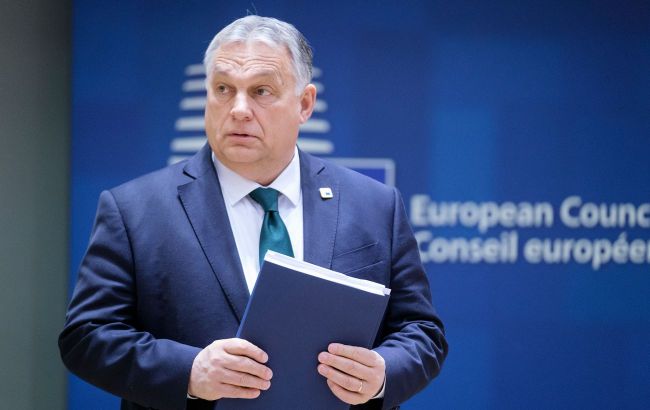Hungary hasn't explained simplification of Russians and Belarusians' entry
 Hungarian Prime Minister Viktor Orbán (Getty Images)
Hungarian Prime Minister Viktor Orbán (Getty Images)
The European Commission has requested Hungary to respond by August 19 as to why it simplified entry for Russians and Belarusians into its territory. Budapest missed the deadline, citing Euractiv.
The European Commissioner for Home Affairs, Ylva Johansson, sent a letter to her Hungarian counterpart, Sándor Pintér, at the beginning of August, asking for an explanation regarding the changes made to the country's immigration policy.
She emphasized that while the issuance of long-term visas and residence permits is a matter for individual EU member states, such schemes must be carefully balanced so as not to jeopardize the integrity of the common area without internal border controls and should adequately consider potential security implications.
At the same time, Johansson requested that Budapest respond to the inquiry no later than August 19. In a comment to Euractiv, she confirmed that no response was received by the deadline.
Eight EU member states—Denmark, Estonia, Finland, Iceland, Latvia, Lithuania, Norway, and Sweden—wrote a joint letter to Brussels on August 15. In it, they expressed concern that Hungary's relaxation of restrictions could increase security risks for all countries within the European Union.
Hungarian Foreign Minister Péter Szijjártó responded by stating that the easing of entry for Russian and Belarusian citizens does not pose any security risks from the perspective of the Schengen area, "since these persons must still undergo a comprehensive check to enter and stay in Hungary."
Backstory
Hungary included Russians and Belarusians in the so-called national card program. Under this program, Russians and Belarusians who receive such a card would not have to undergo special checks upon entering the country.
Following this decision by Budapest, several countries filed a complaint with the European Commission. In particular, the Lithuanian Foreign Minister said that such a step could threaten the security of the entire European Union.

